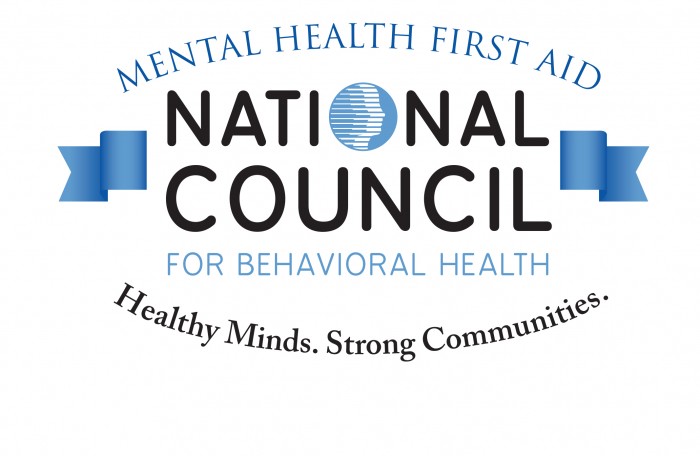Harrisburg, PA- The Wolf Administration today announced a COVID-19 testing site at Mohegan Sun Arena at Casey Plaza in Wilkes-Barre, Luzerne County, to provide much-needed testing for symptomatic first responders, health care workers and residents 65 or older throughout Northeastern Pennsylvania.
“From 12:00 PM to 4:00 PM, Monday, the site will be open for 100 first responders and health care workers from Northeastern Pennsylvanian who are having COVID-19 symptoms to get tested,” Secretary of Health Dr. Rachel Levine said. “We are taking every precaution to safely provide this critical public health service and prevent the spread of COVID-19. People are required to stay in their cars to get tested and drive directly back onto the highway to return home.”
The drive-thru testing site will be held in the parking lot of the Mohegan Sun Pocono Arena and pre-registration is required. Beginning Tuesday, April 21, the site will be open from 10:00 AM to 4:00 PM daily to test up to 200 Northeastern Pa. residents over 65, first responders and health care workers each day. Registration is required one day in advance and can be found on the Department of Health’s website, health.pa.gov. No onsite registration is available.
Patients do not need a doctor’s prescription to be tested. Dr. Levine has signed a standing order for anyone who registers to be tested at the site.
For those who are registered, the site can be accessed by taking Exit 168 – Highland Park Boulevard from Interstate 81 (northbound or southbound) and following the signs and directions of local officials.
“After testing, you are required to return home and self-isolate,” Dr. Levine said. “If your symptoms worsen while you are waiting for your test results, talk to your doctor and if you experience a medical emergency please seek immediate care.”
The Department of Health State Laboratory will process the tests and provide residents with results in two to three business days. Patients will receive an email to log onto the registration site to access their test results.
“The planning and logistical efforts needed to pull together these testing sites in just a matter of days required a significant amount of coordination among state and county personnel,” said PEMA Director Randy Padfield. “It speaks to the professionalism and skills of the teams involved, and their dedication to the health and well-being of their communities.”
Symptoms of COVID-19 can include:
- Fever
- Cough
- Shortness of breath
- Diarrhea
Symptoms may appear in as few as two days or as long as 14 days after exposure. Reported illnesses have ranged from people with little to no symptoms to people being severely ill and dying.
As of 12:00 a.m., April 18, there were 31,069 positive cases of COVID-19 statewide in 67 counties and 836 deaths. Most of the patients hospitalized are 65 or older, and most of the deaths have occurred in patients 65 and older. There have been no pediatric deaths to date. More data is available here.
All non-life-sustaining businesses are ordered to be closed and schools are closed statewide indefinitely. Currently the entire state is under a stay-at-home order.
For the latest information for individuals, families, businesses and schools, visit “Responding to COVID-19” on pa.gov.
The Wolf Administration stresses the role Pennsylvanians play in helping to reduce the spread of COVID-19:
- Wash your hands with soap and water for at least 20 seconds or use hand sanitizer if soap and water are not available.
- Cover any coughs or sneezes with your elbow, not your hands.
- Clean surfaces frequently.
- Stay home to avoid spreading COVID-19, especially if you are unwell.
- If you must go out for a life-sustaining reason, please wear a mask.
Updated Coronavirus Links: Press Releases, State Lab Photos, Graphics
- Daily COVID-19 Report
- Press releases regarding coronavirus
- Latest information on the coronavirus
- Photos of the state’s lab in ExtonOpens In A New Window (for download and use)
- Coronavirus and preparedness graphics (located at the bottom of the page)
- Community preparedness and procedures materialsOpens In A New Window
- Map with the number of COVID-19 casesOpens In A New Window
All Pennsylvania residents are encouraged to sign up for AlertPA, a text notification system for health, weather, and other important alerts like COVID-19 updates from commonwealth agencies. Residents can sign up online at www.ready.pa.gov/BeInformed/Signup-For-Alerts.
MEDIA CONTACT: Nate Wardle, Health, 717-787-1783 or ra-dhpressoffice@pa.gov
# # #


















